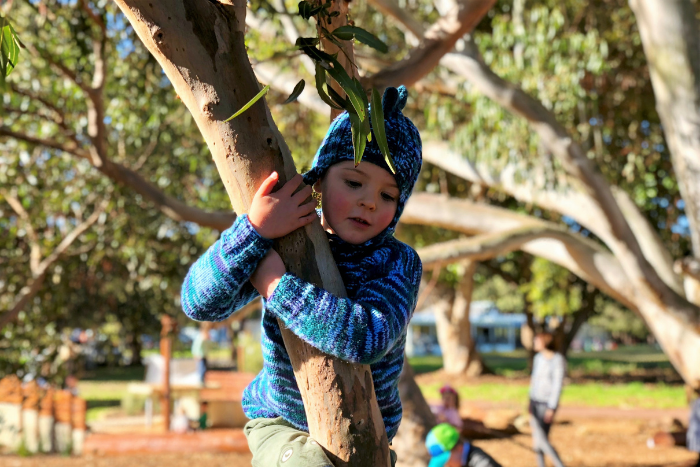Background:
The value of natural environments for developing children’s self-identity and social skills has been known for some time, and more recently the potential of nature-specific (i.e., excluding built environments) outdoor learning for achieving academic outcomes has been explored. Connecting children with natural spaces has been shown to benefit their physical and mental health; however, the utility of nature-specific outdoor environments as a setting for curricular and non-curricular learning has yet to be clearly established. Our aim was to undertake a narrative synthesis of international evidence of nature-specific outdoor learning and its benefits for personal and social development, wellbeing and academic progress.
Researchers:
Jeff Mann1*, Tonia Gray1, Son Truong1,2, Eric Brymer3, Rowena Passy4, Susanna Ho5, Pasi Sahlberg6, Kumara Ward7, Peter Bentsen8,9, Christina Curry1 and Rachel Cowper10

